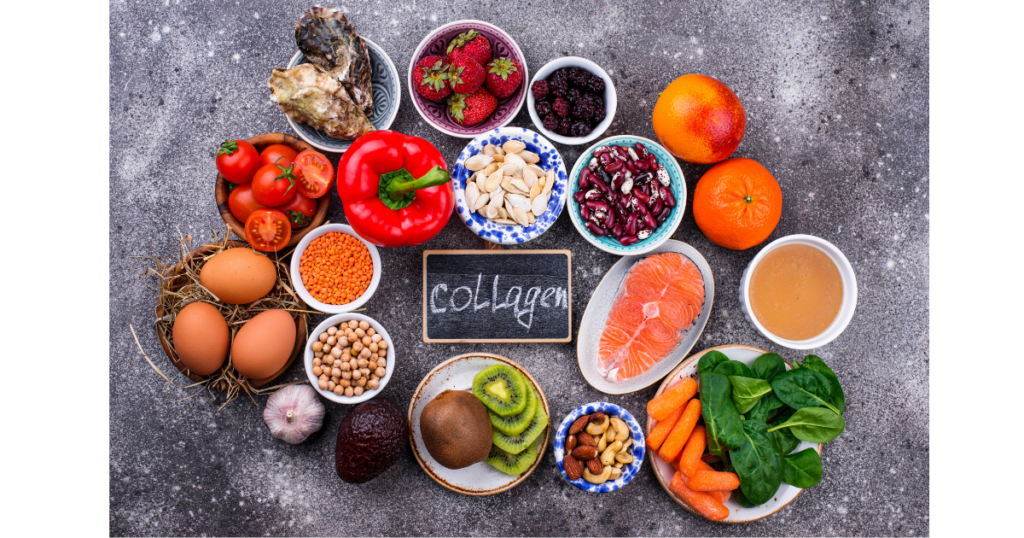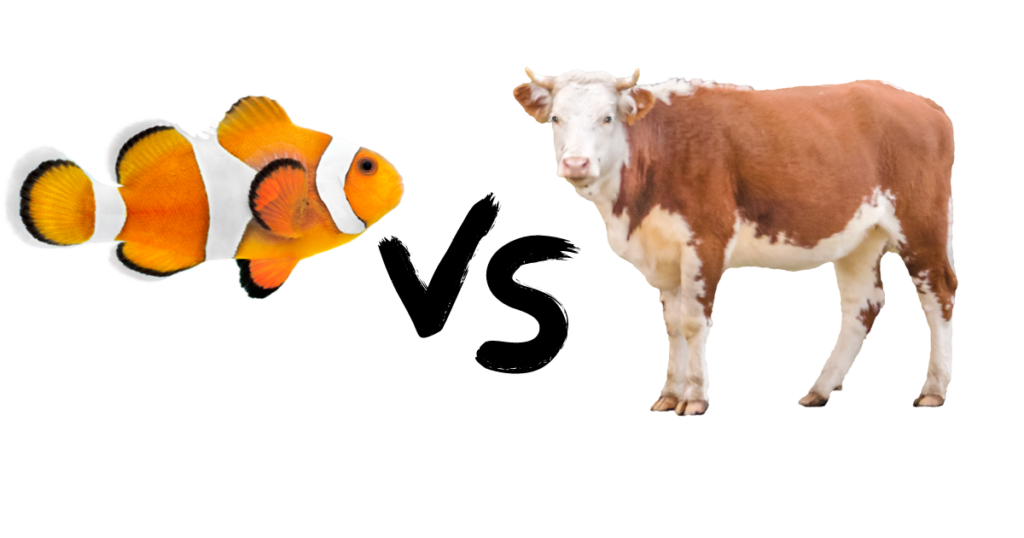
So, I’m guessing you’ve heard all the hype about collagen and are wondering what the best collagen supplement is.
Well, first for those that haven’t heard the hype, I’m just going to go over;
- What is collagen?
- Do we need a collagen supplement?
- Different types of collagens
- Foods to increase collagen
- How to choose the best collagen supplement for you.



What is Collagen?
Collagen is the most abundant protein in the body, providing an essential building block for skin, bones, muscles and tendons. Collagen is like glue that holds things together.
Do we need a collagen supplement?
As we age, our bodies naturally produce less collagen. It starts to happen over the age of 30 and can be increased with more sun exposure, pollution, and bad habits. Your skin might become thinner, drier, cell structures weaken, and joints get stiffer.
A Collagen supplement can help increase your body’s collagen stores and assist with:
Skin Health – Collagen is a major component of your skin. As you age, your skin becomes thinner, drier and less elastic, resulting in more fine lines and wrinkles.
Improving your joints – as you age, cartilage wears out, making it tough to stay active. Supplementing with collagen can help maintain the integrity of your cartilage.
Preventing bone loss – Bones are made of mostly collagen which gives them structure and strength. As you age, collagen and bone mass both decrease which can lead to osteoporosis. Supplementing with collagen can help prevent this along with strength training (more on that one in another blog).
Other benefits – Stronger nails and healthier hair.
As collagen is one of the most abundant proteins in your body, maintaining a good level as you age is essential for health and appearance.
DifferEnt types of collagen
There are about 16 types of collagen, although there are three types that make up 80-90% of it.
Type 1 – 90% of collagen in our body. Keeps cells and tissues together in skin, tendons, bones, teeth and fibrous cartilage.
Type 2 – found in elastic cartilage and cushions joints.
Type 3 – supports the integrity and structure of organs, arteries and muscles.
foods to increase collagen
Protein rich foods like beef, chicken, fish, beans, eggs and dairy products.
You also need vitamin c, zinc and copper for your body to effectively make collagen. Foods high in vitamin c are; citrus fruits, red and green peppers, tomatoes, broccoli and greens.
Bone broth is another good inclusion.



how to choose the best collagen supplement for you
Ok, so let’s get into the nitty gritty of choosing a collagen supplement for you. Firstly, I would suggest improving your diet and ensuring you are having enough good quality protein and nutrient dense foods (fruit and veggies). Once you’ve got that nailed, you can look at supplementing.
On the market you will normally hear the words ‘bovine’ and ‘marine collagen’ thrown around. Here’s the low down:
Marine Collagen: Derived from fish. Contains solely Type 1 collagen which is the most abundant type in the body. If you want to focus primarily on skin, hair and joint health, then marine collagen might be the better option.
Bovine Collagen: Derived from beef. Contains both Type 1 and 3 collagen. Type 1 abundant in skin, hair and bones, whereas type 3 is more so in our intestines. Bovine collagen tends to contain more type 3, so it’s better for people wanting to focus on intestinal concerns. Bovine collagen can also be slightly cheaper.
Overall, both are great and will provide similar benefits.



It is essential when you do choose a supplement that you ensure it is ethically sourced and is not bulked out with unnecessary ingredients.
You may also see the words ‘hydrolysed collagen’ which is also known as collagen peptide or collagen hydrolysate and is a type of collagen that can be easily absorbed into the bloodstream.
So, I’ve just started on my collagen journey and am testing out a Marine collagen with Vitamin C. It has 5.8g of Collagen Peptides per serve, no fat, sugar or carbs. It’s in powder form and I just mix it with water, I’ll let you know how it goes!
If you have any questions about collagen, feel free to message me.
